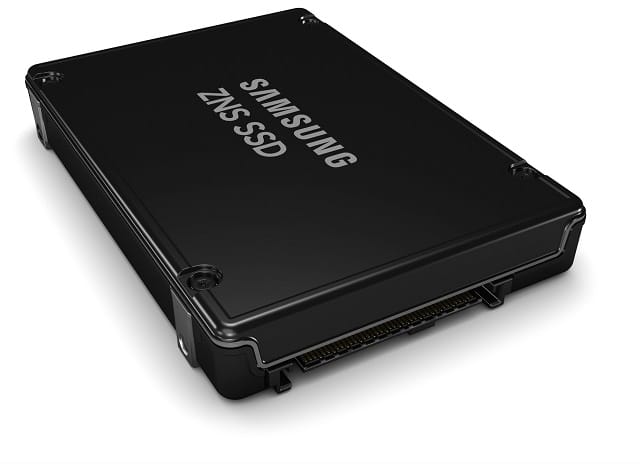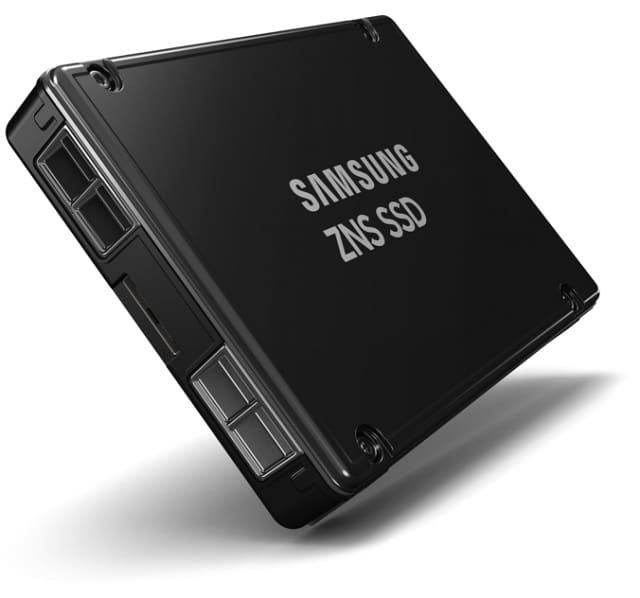Samsung PM1731a SSD uses Zoned Namespace (ZNS) technology

There are many manufacturers of solid state drives, but in my experience, Samsung's SSD offerings are amongst the best. They are reliable, affordable, and quite often, blazing fast too. If your data is important to you, a reputable brand is a must, and you can never go wrong with Samsung in this regard.
How does Samsung continually provide excellent solid state drives? The enormous company is constantly pushing boundaries, likely due to large R&D budgets that other SSD makers can't come anywhere near matching. Today, Samsung unveils its latest groundbreaking SSD. Called "PM1731a," the 2.5-inch drive is notable for utilizing Zoned Namespace (ZNS) technology and the company's sixth-gen V-NAND flash memory.
"Based on ZNS, the new Samsung SSD can achieve a WAF close to one, a major improvement over typical server SSD values between three and four. This will make the drive last up to four times longer than conventional NVMe SSDs, making it a greener, more sustainable solution for server infrastructures. ZNS also allows users to take advantage of the SSD’s full capacity by eliminating the need for overprovisioning," says Samsung.
ALSO READ: Samsung Galaxy Chromebook 2 is finally here
But what exactly is ZNS? The company explains, "ZNS allows data to be grouped based on their usage and access frequency, and stored sequentially in independent zones within an SSD. Without the need to move and rearrange data, ZNS SSDs can significantly reduce the number of write operations, lowering the drive's write amplification factor (WAF) -- the amount of actual writes performed by the drive compared to writes initially instructed by the host system."

When can you buy the Samsung PM1731a solid state drive? If you are a home user, probably never. Obviously, this ZNS SSD is designed for the Enterprise and not personal computers. With that said, Samsung says it will mass produce the drive in the second half of the year, with pricing unknown for now. What we do know, however, is it will be offered in two capacities -- 2TB and 4TB.